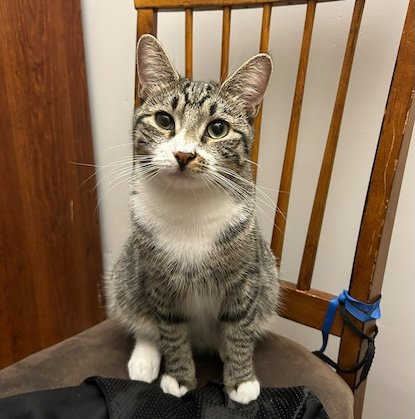Job Interviews and the Importance of Enjoying Them
At the job interview, the people asking the questions are usually searching for a particular experience they want to have with an applicant in the interview itself. The one who can give them that experience usually gets the job. What they want is an interaction, but it’s also a display. They want to have a conversation in which their specific, actual questions really reach the new person (that’s the interaction part). The questions evoke answers presented with a calm exuberance that’s a pleasure to watch (that’s the display). In music, the Italian phrase con brio means “with spirit, with vigor.” This kind of animated, engaged demeanor arises when the applicant has both confidence and expertise—a combination that usually comes from work experience, so it tends to count as evidence of work experience.
Resumes, too, are evidence of work experience, but not everyone who has done a job has also learned from it, internalized its procedures and its ethos, and achieved good feelings about their ability to do it well in the future. Those are what the people doing the hiring are looking for in the interview, and the best evidence for it are answers that match the interviewers’ questions; that are focused on the concrete content of the job’s actual entailments (rather than abstractions about what kind of job it is), but aren’t entirely limited to that; and that show some degree of enjoyment from the applicant that springs from the pleasure of being both interested in something and good at it.
Applicants for teaching jobs are often advised, wisely, to treat the interview like a lesson, and to teach the interviewers about the way the job works and how to do it well. But this advice can apply to many other kinds of work, too—not just jobs in education. The teaching frame of mind, the Teacher role, can take you out of your ego-driven worry about how you’re being perceived, because it helps you to focus on the material at hand and the communication process. Value judgments and the fear of embarrassment, imaginary comparisons of yourself to others, worry about rejection or failure—these should be crowded-out by the enjoyable business of sharing what you know.
One of the best indicators of your likely success is that the interview was fun. If it wasn’t, you might not like the job itself, either, in which case you’ve “dodged a bullet” by not getting it. The capacity to enjoy the interview not only bespeaks a confidence that comes from competence, it also suggests you’ll enjoy the work itself, which is associated with better performance. A hiring is a contract between employer and employee, and the enjoyment of an interview is a good sign that both parties may well benefit. If you feel qualified, stay in touch with your desire for the job, with your knowledge of the field, and with the pleasure you take in excelling at this particular type of work. It will probably show.
If this post resonates with you, call me at 917-873-0292 for your free consultation.


